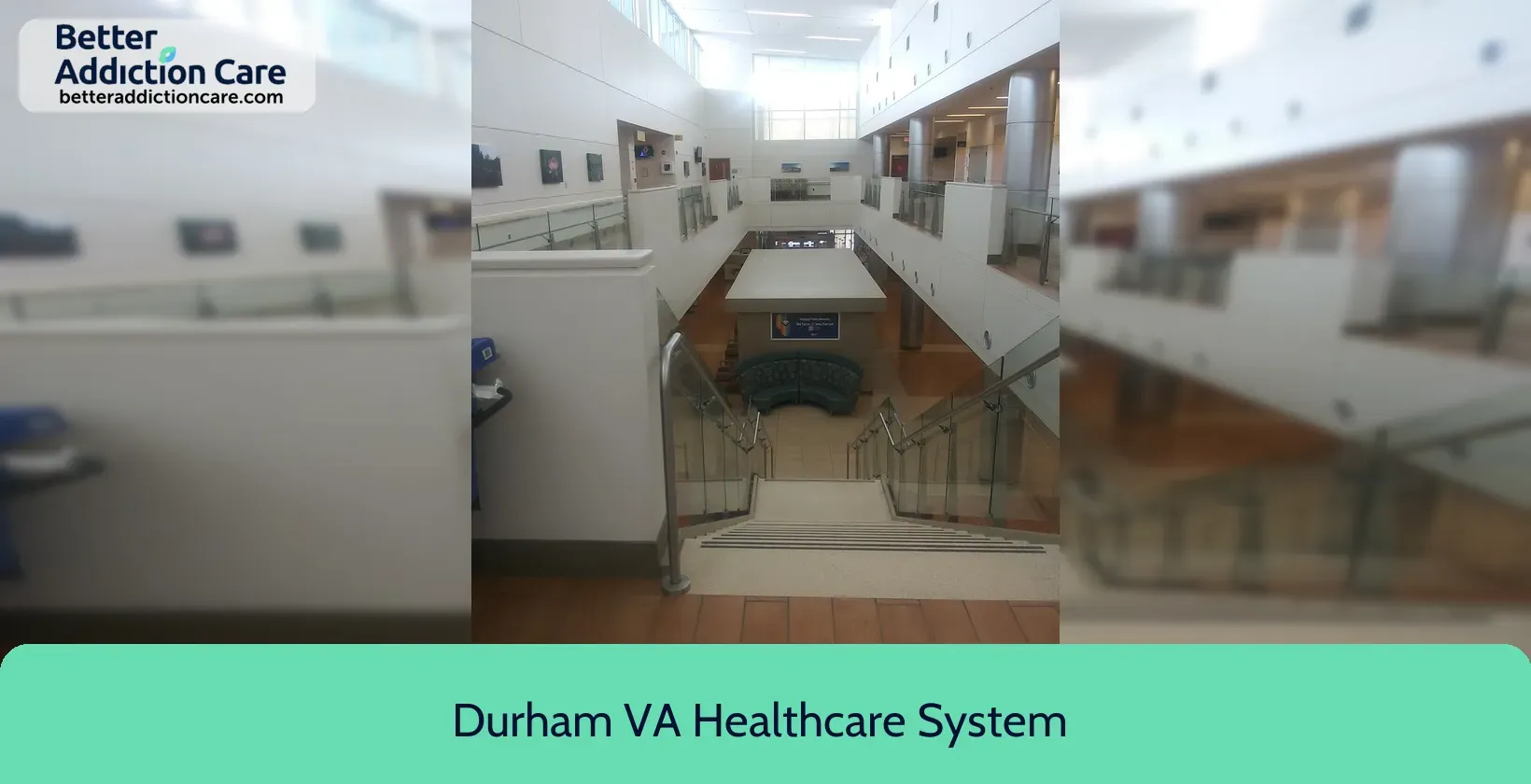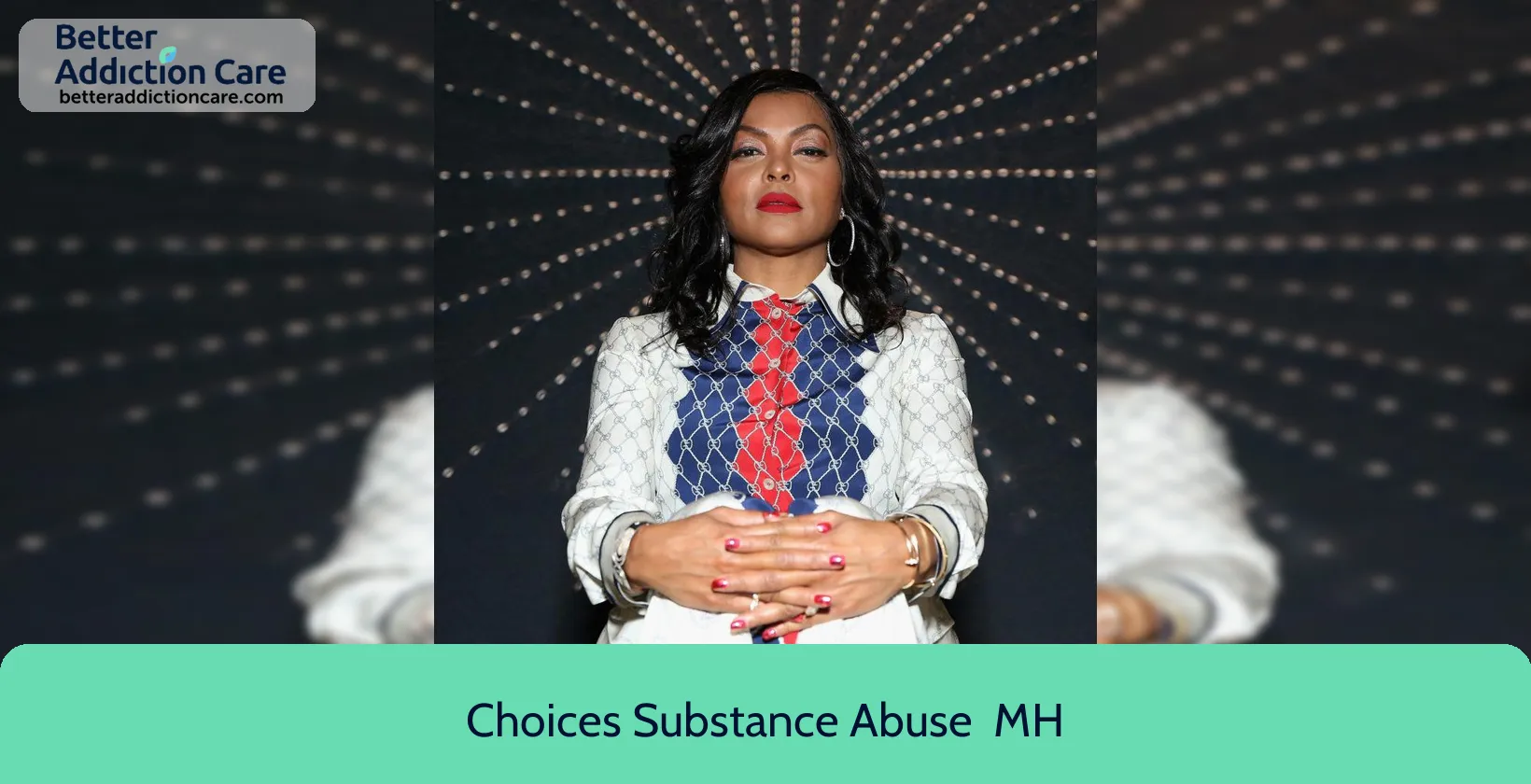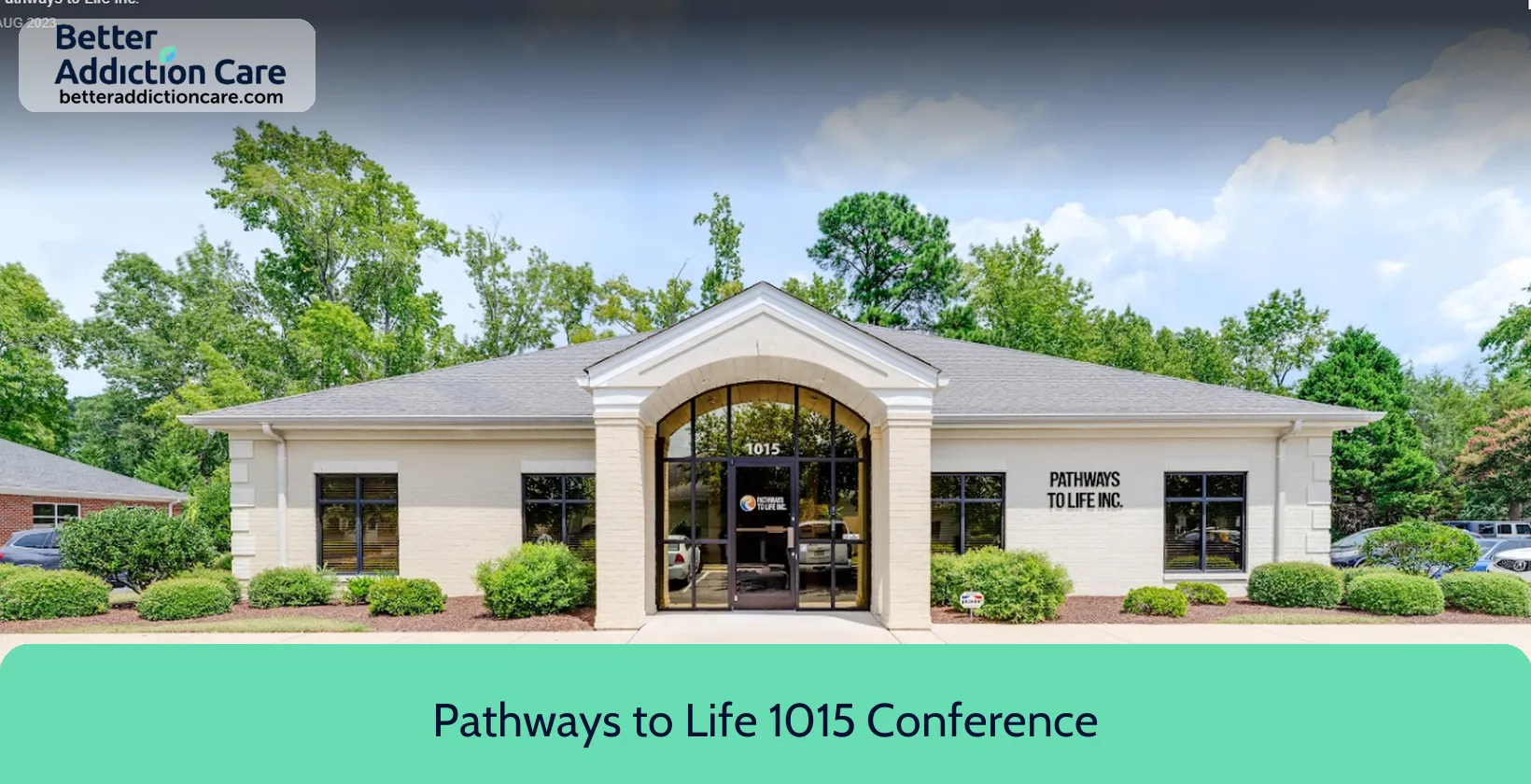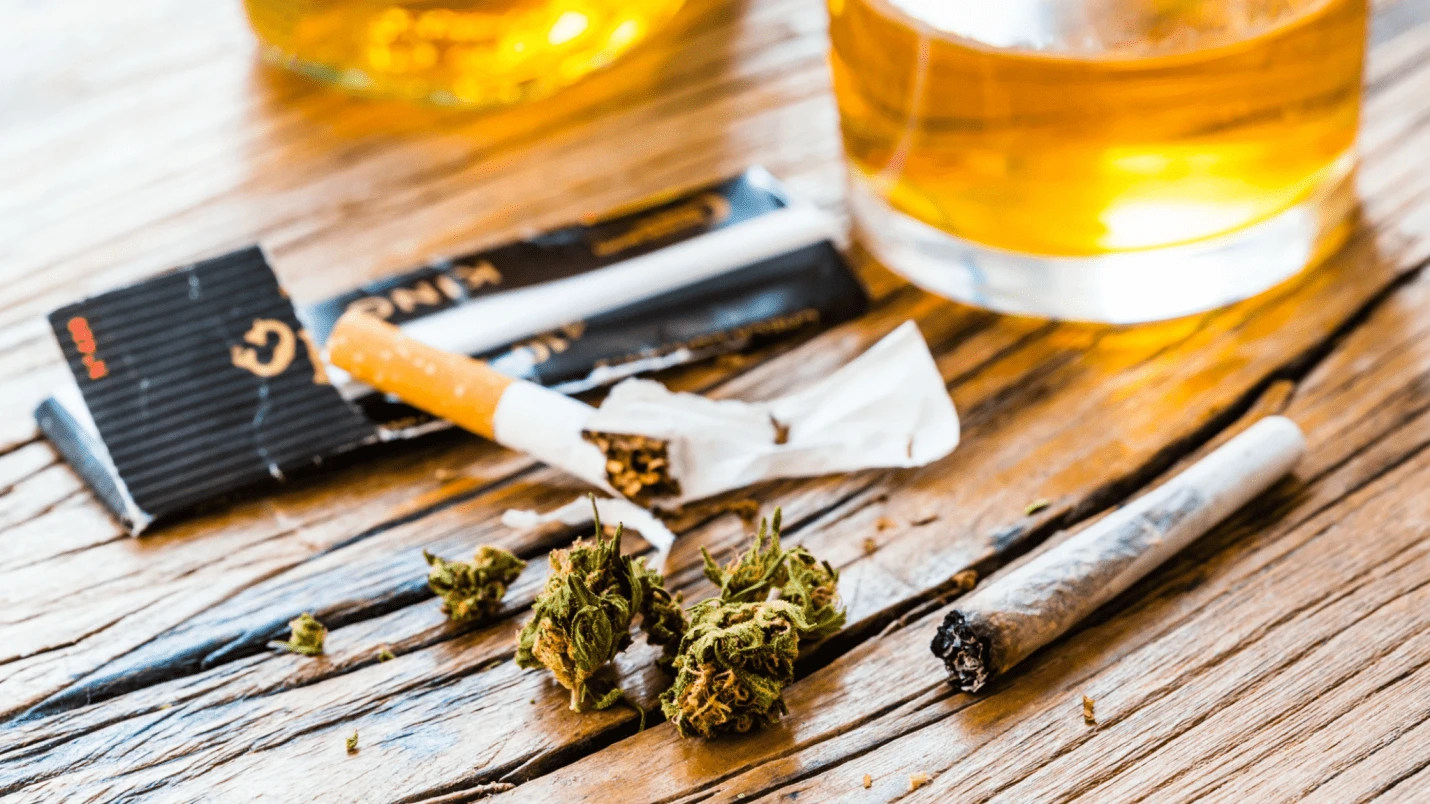14 Best Alcohol and Drug Rehabs in Greenville, NC 2025
Uncover the premier alcohol and drug rehab centers in Greenville, North Carolina. Browse through 24 local treatment facilities that provide inpatient, outpatient, and detox services.
Use advanced search filters to refine your options by payment methods, amenities, specialty programs, and more to find the perfect treatment tailored to your specific needs.
14 Treatment Centers in Greenville, NC

6.88

6.91

6.74

7.02

8.04

6.56

7.27

7.14

7.05

6.62

7.16

7.25

6.68

6.85



